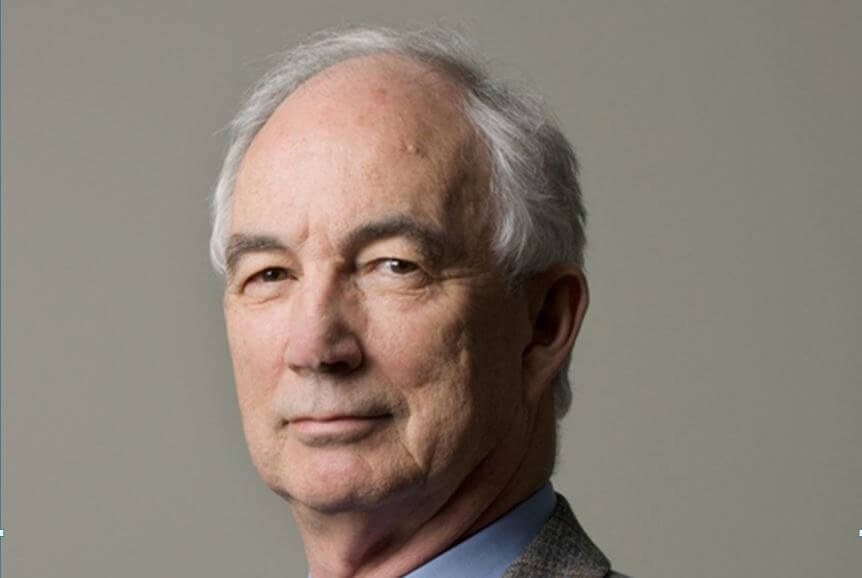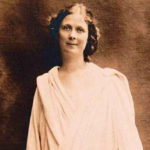This Biography is about one of the best Physicists Isidor Isaac Rabi including his Height, weight, Age & Other Detail…
| Biography Of Isidor Isaac Rabi | |
| Real Name | Isidor Isaac Rabi |
| Profession | Physicists |
| Nick Name | Israel Isaac Rabi |
| Famous as | Physicist |
| Nationality | American |
| Personal life of Isidor Isaac Rabi | |
| Born on | 29 July 1898 |
| Birthday | 29th July |
| Died At Age | 89 |
| Sun Sign | Leo |
| Born in | Rymanów, Galicia, Austria-Hungary (today Poland) |
| Died on | 11 January 1988 |
| Place of death | New York City, USA |
| Family Background of Isidor Isaac Rabi | |
| Father | David Rabi |
| Mother | Janet Teig |
| Spouse/Partner | Helen Newmark |
| Children | Nancy, Margaret |
| Education | Cornell University, Columbia University |
| Awards | Newcomb Cleveland Prize (1939) Elliott Cresson Medal (1942) Nobel Prize in Physics (1944)
Medal for Merit (1948) Barnard Medal (1960) Atoms for Peace Award (1967) Oersted Medal (1982) Public Welfare Medal (1985) Vannevar Bush Award (1986) |
| Personal Fact of Isidor Isaac Rabi | |
|
Isidor Isaac Rabi was a Poland-born American physicist who won the Nobel Prize for Physics for the development of a method by which the magnetic moments, namely the spin and magnetic characteristics of atomic nuclei, could be measured. This measurement technique became a basis for subsequent experiments on atomic beams which lead to the development of a body scanning method used in medical practice known as Magnetic Resonance Imaging or MRI. The method was also used for experiments on the guidance systems of missiles and satellites. His experiments on Nuclear Magnetic Resonance (NMR) became an indispensable tool for chemists while Magnetic Resonance Imaging (MRI) became an indispensable tool for physicians. He also proposed the construction of the first atomic clock in history. Isidor was destined to become a tailor like his father had he stayed back in Europe but was able to earn a degree in chemistry after coming to America. He worked for many years in an industrial laboratory after which he joined college to study physics as chemistry did not seem interesting to him. He also studied books on various topics which widened the horizon of his knowledge helping him suggest new ways of carrying out experiments which benefited both chemists and physicists. |
|




